Guerdy Abraira is widely known as a celebrity event planner and breakout cast member on The Real Housewives of Miami. However, behind the scenes, she faced an unexpected battle. In 2023, Guerdy shared her breast cancer diagnosis with RHOM audiences and the world. In this candid discussion with Black Health Matters, Guerdy opens up about navigating cancer as a Black woman in the public eye and using her platform to empower women to take charge of their health.
BHM: Many of our readers are familiar with your stardom from Real Housewives of Miami, but can you briefly share your career journey and what led you to the hit TV network and franchise show?
GA: My journey to Real Housewives of Miami has been colorful! I started as a wedding and event planner, driven by a passion for creating unforgettable experiences. When RHOM approached me, it felt like the perfect platform to bring my personality, culture, and life journey to a broader audience. I wanted to show that being a Black Haitian woman in Miami could bring a fresh perspective to the show and allow me to represent my community authentically.
BHM: Can you share your initial breast cancer diagnosis and how it affected your life, particularly as a Black woman in the public eye?
GA: Receiving my breast cancer diagnosis was a moment of shock and disbelief. I was busy balancing my career, role on RHOM, and responsibilities as a mother and wife when the news hit me, which brought my life to a halt.
I was forced to confront my vulnerability and the reality that cancer affects Black women in unique ways. Being in the public eye added pressure, but I felt a responsibility to be transparent.
My diagnosis intensified my sense of purpose, and I wanted to share my journey to encourage other women to prioritize their health.
I’ve tried to show the raw reality of facing cancer, using my story to promote early detection and self-advocacy.
BHM: What were some of your biggest fears and concerns (if any), considering the unique challenges faced by Black women with breast cancer in the US?
GA: My biggest fear was becoming a statistic and leaving my family behind. I worried about the impact on my family—how would my children cope if my health deteriorated, and how would my husband manage everything?
I was well aware of the disparities Black women face when it comes to breast cancer outcomes, with us often being diagnosed at more advanced stages and receiving lower-quality care.
Hearing that Black women have a 40% higher breast cancer death rate despite a slightly lower incidence rate compared to White women was alarming. The thought of navigating this journey in a system that has historically failed Black women weighed heavily on me. But I was determined to advocate for myself and ensure I received the best possible care.
BHM: As a woman of color (and public persona), how did you navigate the healthcare system and access the treatment and resources you needed?
GA: Navigating the healthcare system was a mix of advocating for myself and being surrounded by a solid support system. I spent time finding the right doctors who specialized in breast cancer treatment and had experience with Black women’s unique health concerns. Being in the public eye added a layer of urgency to my situation—I knew people were watching, and I wanted to set a positive example for other women.
I leveraged my platform to bring awareness to the disparities in healthcare, especially for Black women, and to encourage others to speak up for themselves.
BHM: What were some of the most supportive resources or organizations that helped you during your treatment and recovery?
GA: “To be honest, I leaned heavily on my family throughout my treatment journey. The support of my husband and children was my anchor. I also had incredible care at Memorial Regional Health System, where the staff went above and beyond for me. Organizations like the Susan G. Komen Foundation, Breast Cancer Research Foundation (BCRF), and the American Cancer Society (ACS) have been invaluable in providing resources, and I’m particularly connected to SurviveHer, which is a cause close to my heart.”
BHM: What final message do you wish to convey to Black women who are currently diagnosed and looking for support balancing healthcare, family, and work?
GA: My message is simple: prioritize early detection and make your voice heard. A breast cancer diagnosis can be overwhelming, but there is a strong community here to support you.
Lean into your support network, whether that’s family, friends, or a local support group. When it comes to balancing healthcare, family, and work, give yourself permission to rest, delegate tasks, and seek help.
Your health is your most important priority, and everything else can wait. Finally, know that by taking care of yourself, you’re setting an example for other women who need to see that it’s possible to come out on the other side stronger and more empowered.
Guerdy Abraira’s health journey is a powerful reminder that despite life’s obstacles, resilience and advocacy can light the pathway forward. Her battle with breast cancer has deepened her sense of purpose, motivating her to use her platform to break down stigmas surrounding breast cancer and empower women to prioritize their health. Her message is simple but powerful: you are not alone, and with early detection, self-advocacy, and support, there’s always hope. Guerdy Abraira’s voice carries far beyond reality TV – it calls for resilience and courage to meet life’s challenges head-on.


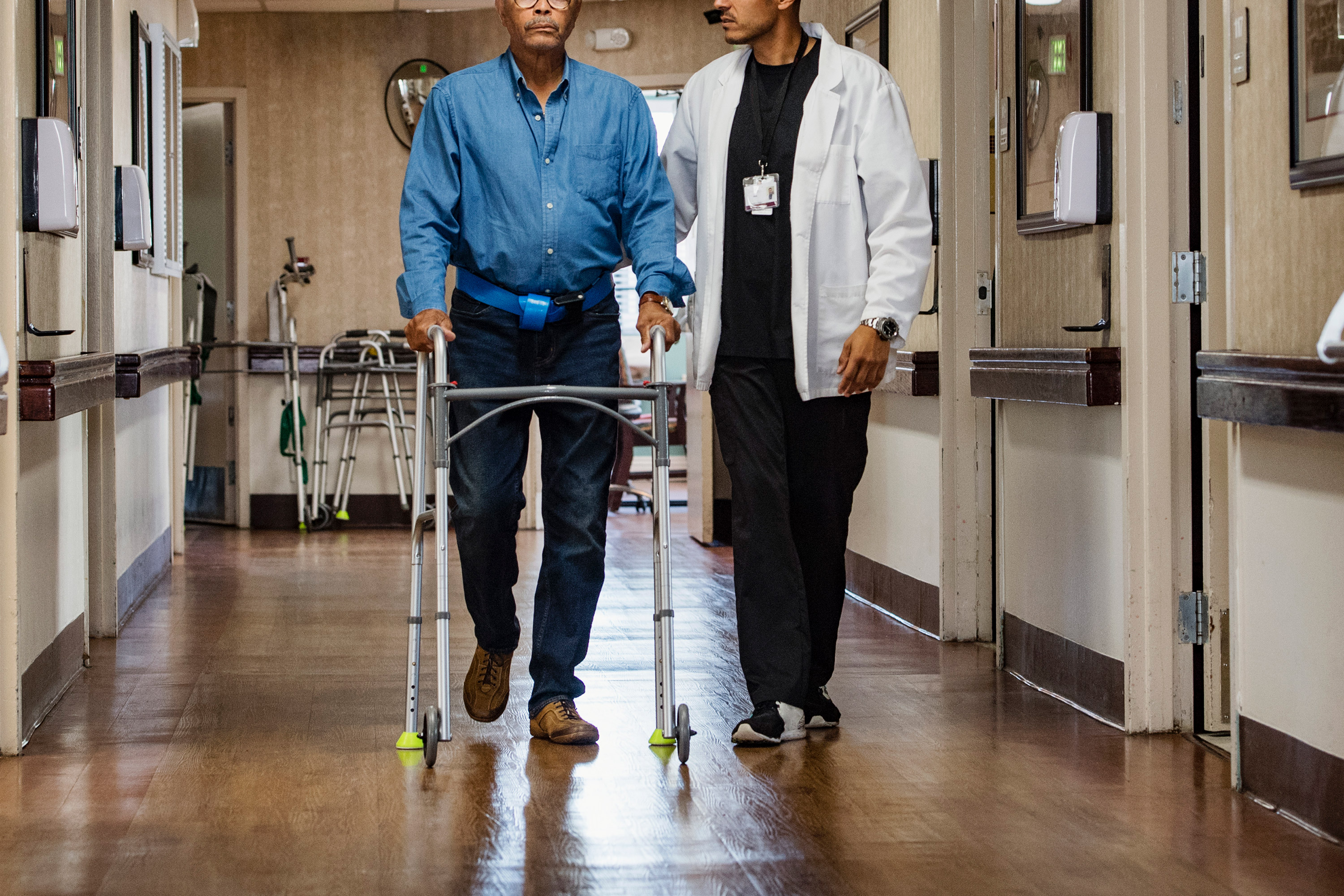
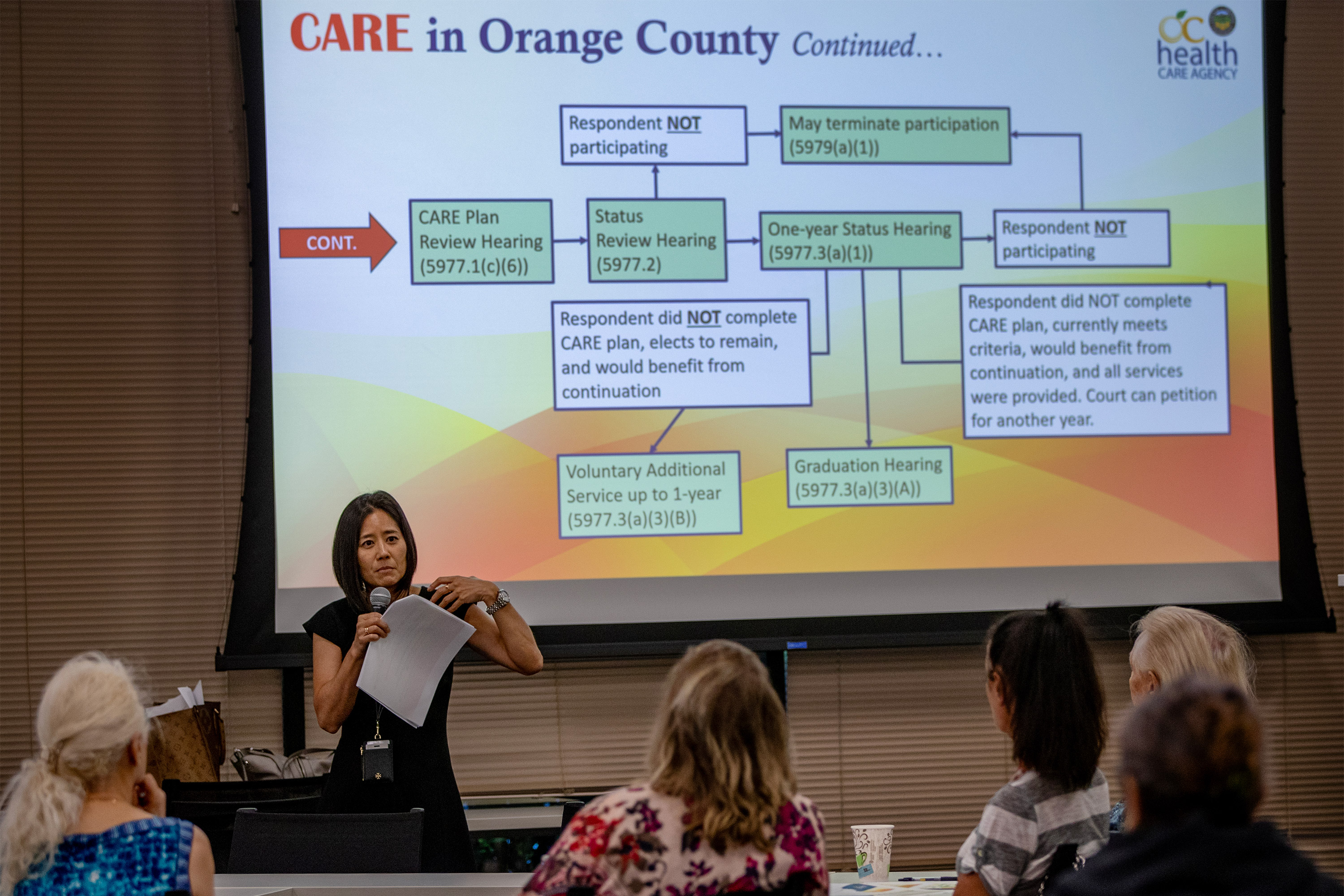



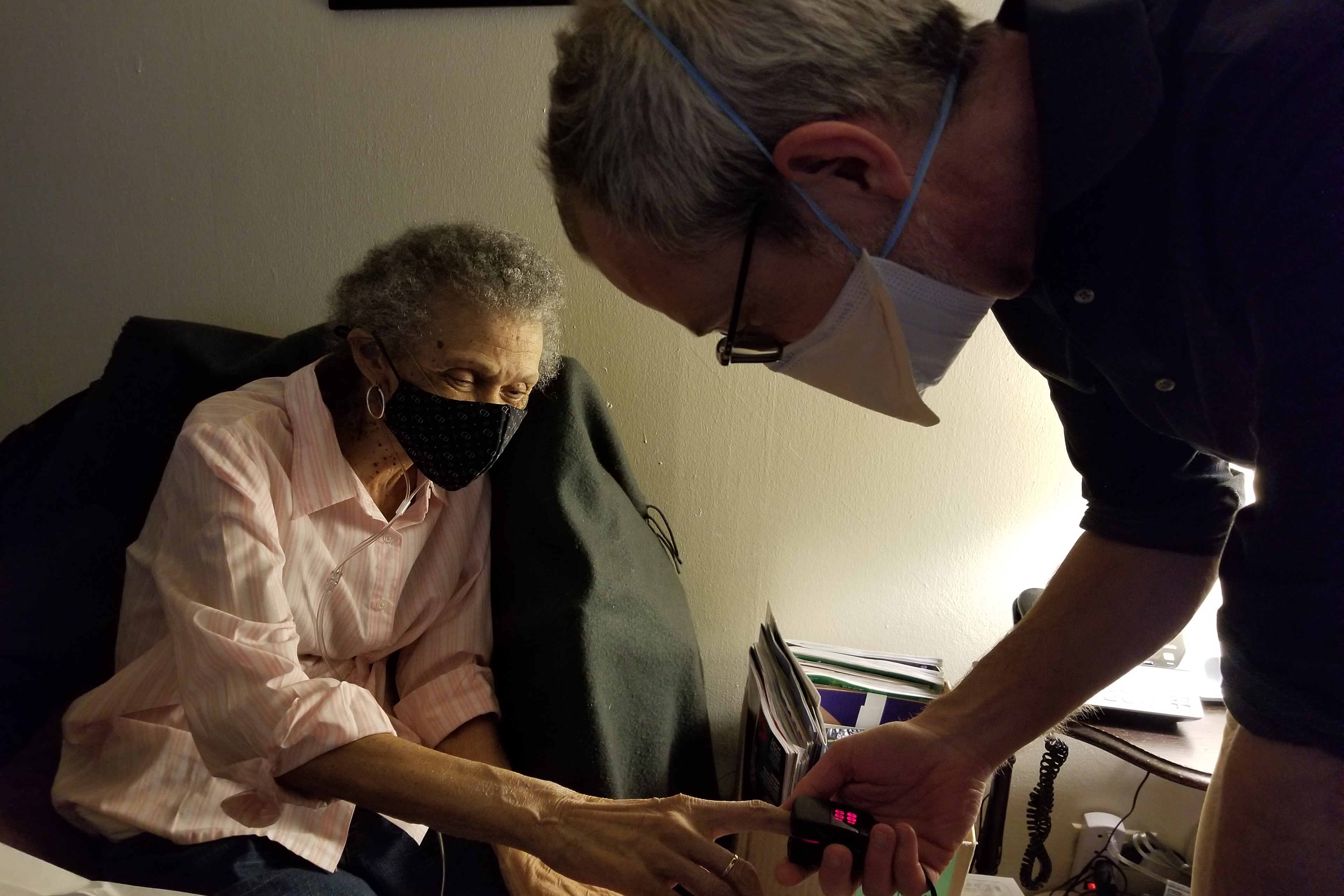


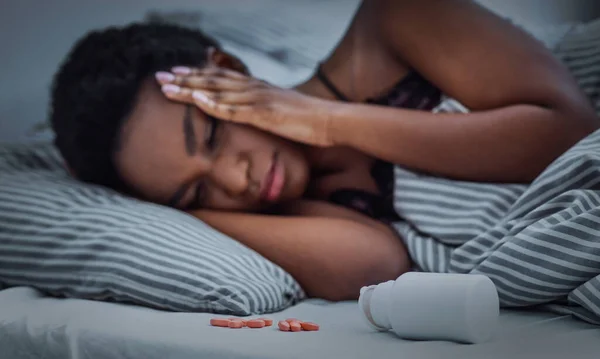

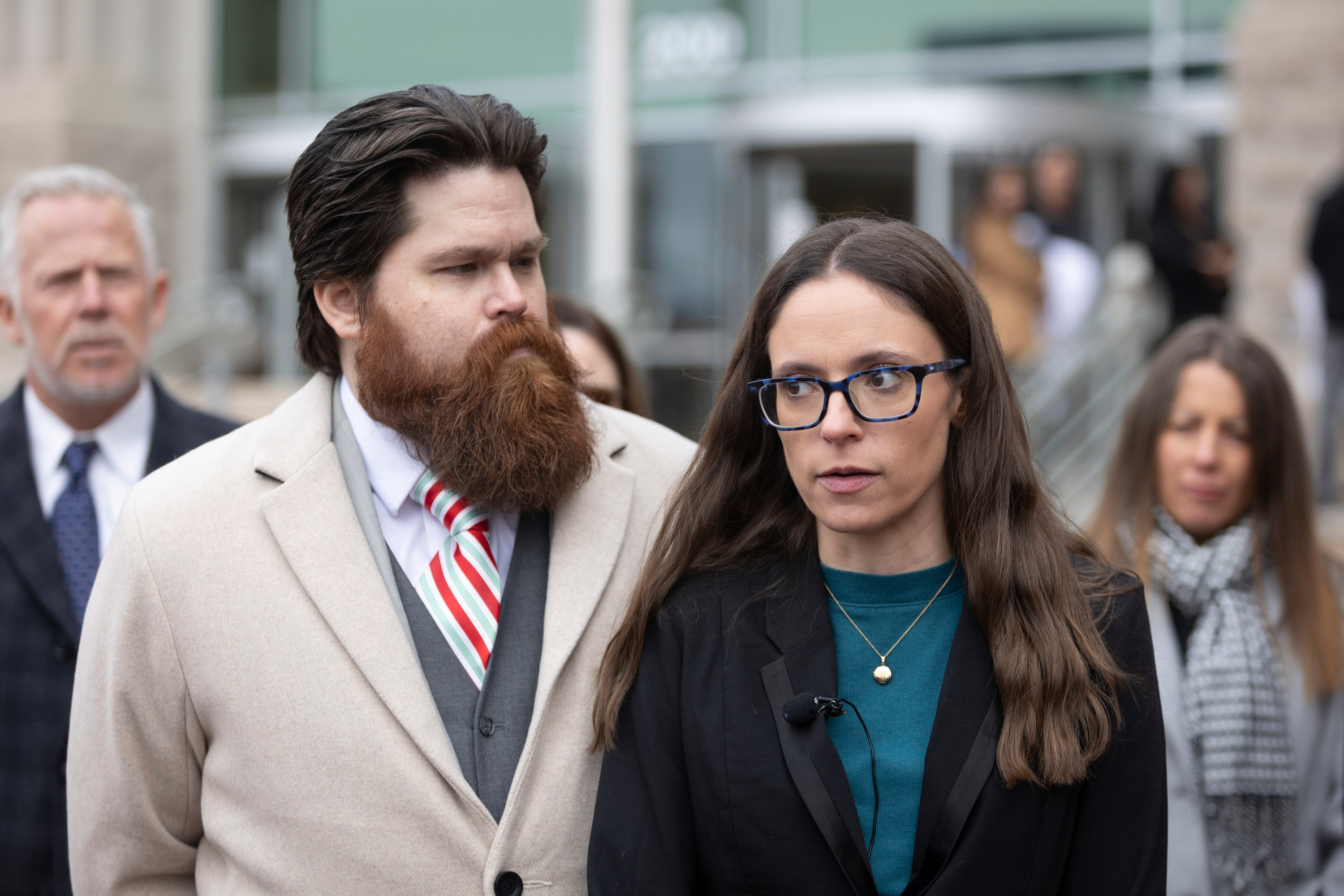






 English (US) ·
English (US) ·